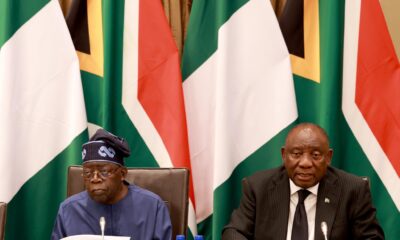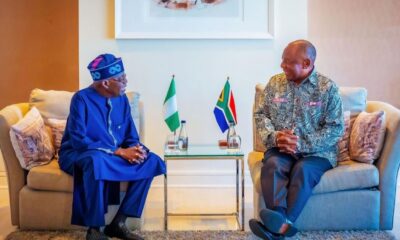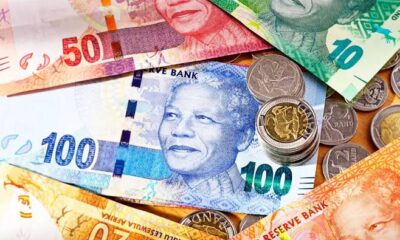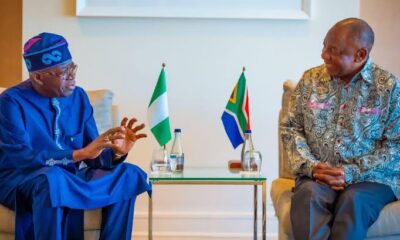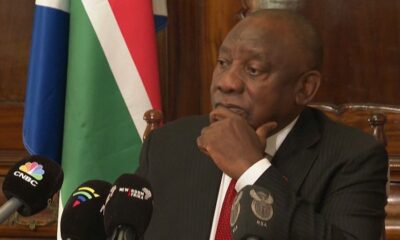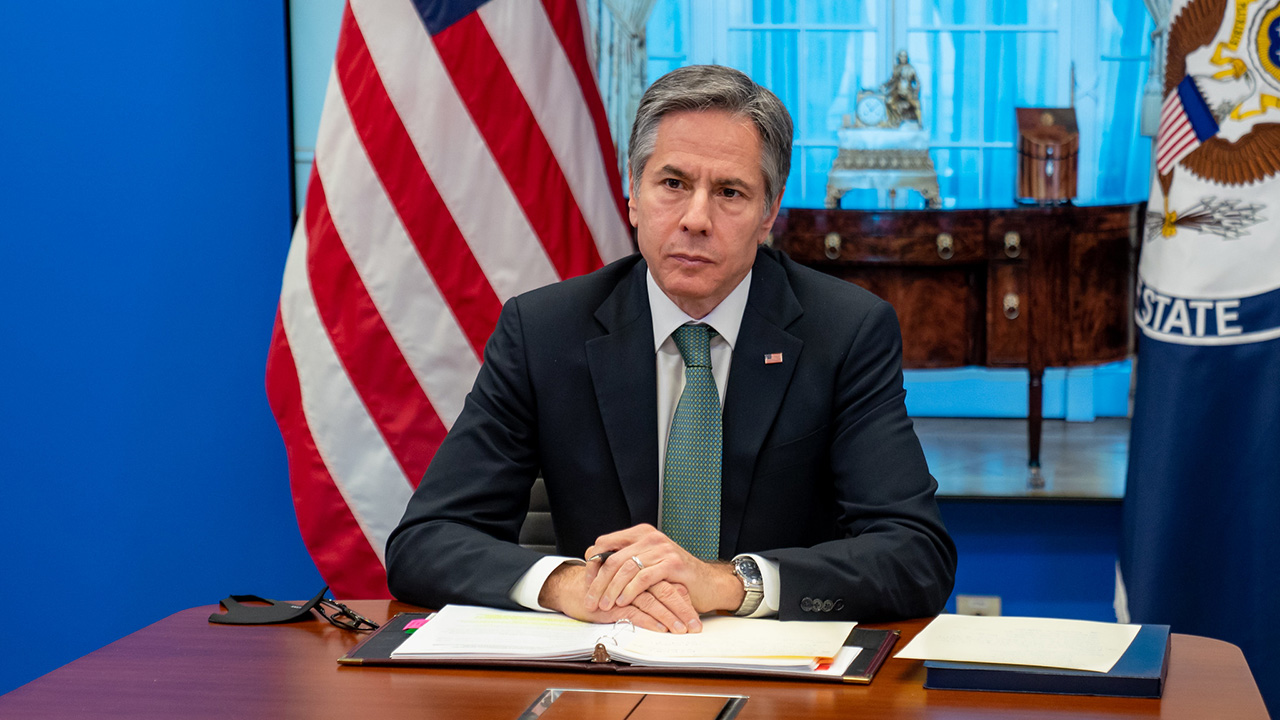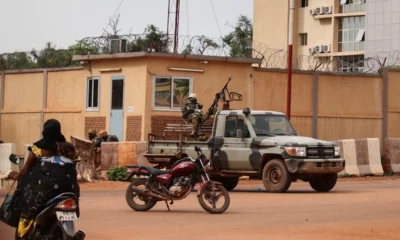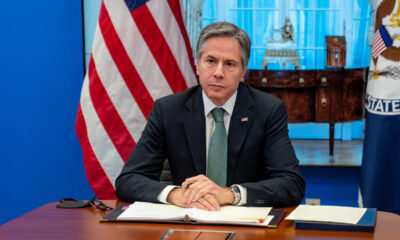South Africa’s Trade Minister, Ebrahim Patel, says his country is considering filing a formal protest at the World Trade Organization over the European Union’s “protectionist” carbon border charge on his country.
The steel industry in China and other developing countries have criticized the EU’s proposed carbon border adjustment mechanism (CBAM) which would charge imports of carbon-intensive goods entering Europe, including steel and cement.
The world’s first carbon border charge was introduced by the EU in October, and starting in 2026, imports of steel, cement, aluminium, fertilizer, power, and hydrogen will be subject to fees.
“We believe that the first prize always is to reach an agreement through engagement and negotiation and our door remains open to finding a settlement with the European Union on this matter,” Patel told Reuters.
“Failing everything else, we would be obliged to take the next step which would be to lodge a formal complaint (at the WTO), but we are still continuing discussions to find an amicable solution,” he added.
According to a spokesman for the European Commission, the border fee would allow deductions for any carbon pricing already paid overseas and was created to conform with WTO regulations.
“EU domestic industry pays a carbon price. We need to make sure importers pay an equivalent price, based on the carbon content of their goods, to prevent carbon leakage and help reduce greenhouse gas emissions,” the spokesperson said.
“Carbon leakage” refers to the risk that rather than reducing emissions, European industries would simply move abroad to avoid paying the EU’s domestic carbon price.
Nevertheless, some governments, like South Africa, claim that CBAM will penalize developing countries that find it difficult to obtain the significant sums of money required to lower the CO2 emissions from their sectors. “Instead of recognising differential levels of development, it imposes a one-size fits on all firms across the world,” Patel said.
He stated that South Africa had brought up trade-related climate change measures before the WTO in February and that the country might suffer a great deal economically if CBAM were implemented.
The EU is South Africa’s biggest trade partner, and according to research released in April by the South African Reserve Bank, the present version of CBAM might result in a 4% decline in overall exports to the EU in 2030 (or a 0.02% decline in GDP) when compared to a baseline without CBAM.
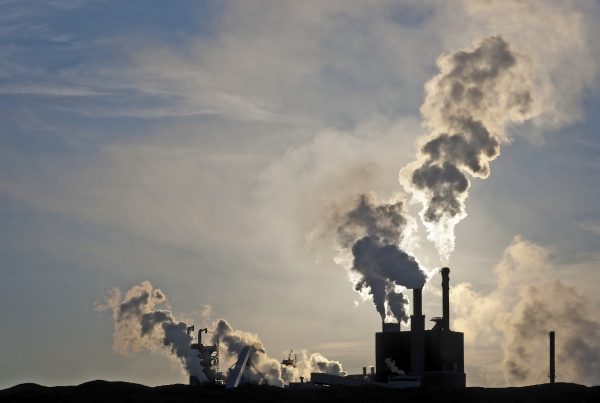

 VenturesNow1 day ago
VenturesNow1 day ago
 Metro2 days ago
Metro2 days ago
 Metro1 day ago
Metro1 day ago
 Musings From Abroad1 day ago
Musings From Abroad1 day ago



